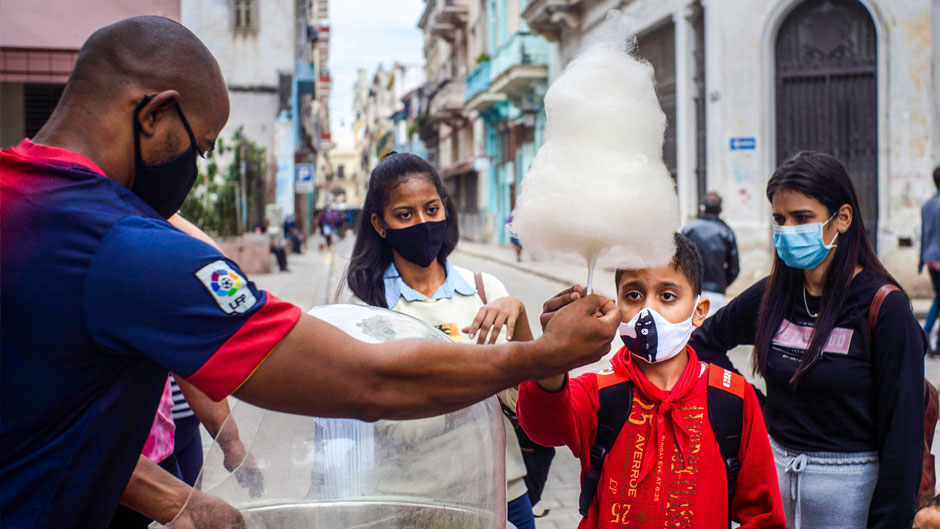The Cuban government has announced the expansion of the private sector, allowing citizens to take part in independent service work and expanding the number of jobs where self-employment is allowed from 127 to 2,000.
The move comes at a time in which the Cuban economy is in one of its worst stages. The economy contracted by 11 percent last year in part because of sanctions imposed by the Trump administration, the loss of tourism dollars, and the decline of Venezuela’s economy—a country that in better times used to help the island.
“The Cuban economy is in shambles,” said Michael Touchton, associate professor of political science at the University of Miami.
The ongoing coronavirus pandemic has exacerbated the situation. International travel and much needed tourism has come to a halt. Food shortages have forced many citizens to stand in long lines for hours, even at the risk of being infected with COVID-19.
Another influencing factor is the decline in remittances to the island residents from relatives in the United States and elsewhere, which dropped by 54 percent in 2020, according to The Havana Consulting Group.
“This makes sense because many of the relatives who were sending money to Cuba work in the service sector in Miami or elsewhere and may have lost their jobs because of the pandemic,” said Touchton. “So, there is no money to send home.”
Many of the jobs that are now allowed include establishing small businesses such as restaurants, lodgings out of personal homes, and nail and hair salons. According to the government, more than 600,000 Cubans were employees in unauthorized small businesses.
“The government has relaxed restrictions on small- and medium-size businesses, mostly the kind of businesses that people can operate from their homes,” said Touchton. “That is good; but if there is no money to pay for these services, then it is hard to see how this reform would make for a huge improvement.”
Cuba’s economy seems to have run out of hard currency, said Touchton. The country has failed to meet payments of loans to major international creditors and has asked for a delay until 2022. Many of the country’s employees are paid in vouchers which can be redeemed for rations, said Touchton.
Although the government has eased the expansion on some private businesses, the Cuban government will not allow competition in other areas such as health care, education, and communication.
“These larger businesses will not be legalized because the government wants to control these areas,” he said. “It is very unlikely that independent media will be allowed to exist because it would be critical of the government or it could provide information that they do not want the population to have.”
The Cuban government has tolerated the work of independent journalists, although many have been harassed and imprisoned. It is unknown how the new measures will affect them.
During the Obama-Biden Administration, Barack Obama moved to establish relations with Cuba. Travel between the U.S. and the island was eased, and hefty remittances were allowed. The Trump-Pence Administration rolled back many of those provisions.
Cubans are hopeful that the Biden-Harris Administration will reinstate some of the Obama measures, said Touchton, though it is unclear how high Cuba relations is on the agenda.

